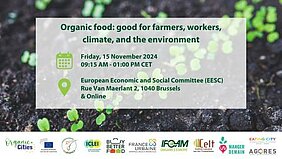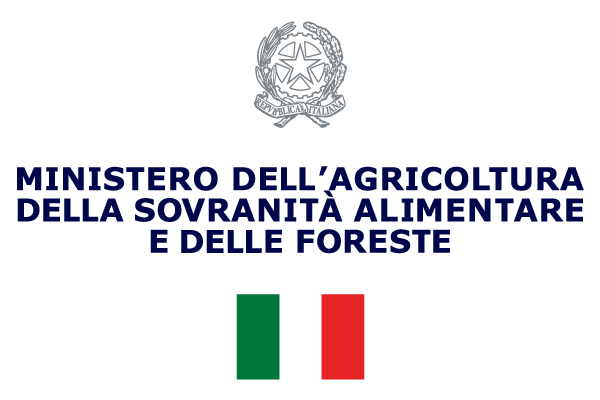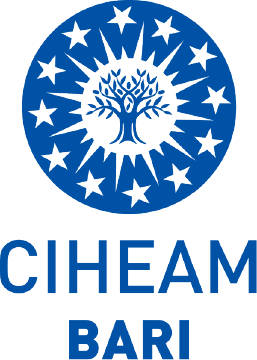Evento ibrido a Bruxelles: “Gli alimenti biologici: un bene per gli agricoltori, i lavoratori, il clima e l'ambiente”

Venerdì 15 novembre, dalle 9:30 alle 13:00, il Comitato economico e sociale europeo di Bruxelles ospiterà un evento cruciale incentrato sui benefici degli alimenti biologici e sul ruolo cruciale degli appalti pubblici nel promuovere le pratiche sostenibili. L’evento, organizzato da Organic Cities Network Europe, dal CESE e dall’Associazione per l’agricoltura biodinamica , e in collaborazione […]
Presence of pesticides in the environment, transition into organic food, and implications for quality assurance along the European organic food chain – A review
The use of synthetic pesticides is not allowed in organic production, but traces of synthetic pesticides are regularly detected in organic food. To safeguard the integrity of organic production, organic certifiers are obliged to investigate the causes for pesticide residues on organic food, entailing high costs to the organic sector. Such residues can have various […]
Management of Pesticide Residues in Organic Products IFOAM Organics Europe Position Paper
In Europe (and worldwide), we currently largely rely on conventional agricultural systems, in which synthetic pesticides and other agrochemical products are allowed and applied. The discussion on pesticide residues must be situated in this context. Organic production does not allow the use of synthetic pesticides, artificial fertilizers or any herbicides. However, their widespread use by […]
B2B, internazionale e di tendenza: la 35ª edizione di SANA dal 7 al 10 settembre

Largo a tutto ciò che è naturale, biologico e sostenibile per la 35ª edizione di SANA, il Salone Internazionale del Biologico e del Naturale, da quest’anno interamente B2B: produttori, distributori, buyer, istituzioni ed enti di controllo si incontrano a BolognaFiere per aggiornarsi sulle ultime tendenze. L’area ORGANIC & NATURAL FOOD sarà aperta dal 7 al […]
Presence of pesticides in the environment, transition into organic food, and implications for quality assurance along the European organic food chain
The use of synthetic pesticides is not allowed in organic production, but traces of synthetic pesticides are regularly detected in organic food. To safeguard the integrity of organic production, organic certifiers are obliged to investigate the causes for pesticide residues on organic food, entailing high costs to the organic sector. Such residues can have various […]
Presence of pesticides in the environment, transition into organic food, and implications for quality assurance along the European organic food chain – A review
The use of synthetic pesticides is not allowed in organic production, but traces of synthetic pesticides are regularly detected in organic food. To safeguard the integrity of organic production, organic certifiers are obliged to investigate the causes for pesticide residues on organic food, entailing high costs to the organic sector. Such residues can have various […]
Presence of pesticides in the environment, transition into organic food, and implications for quality assurance along the European organic food chain – A review
The use of synthetic pesticides is not allowed in organic production, but traces of synthetic pesticides are regularly detected in organic food. To safeguard the integrity of organic production, organic certifiers are obliged to investigate the causes for pesticide residues on organic food, entailing high costs to the organic sector. Such residues can have various […]
Early life multiple exposures and child cognitive function: a multi-centric birth cohort study in six European countries
Epidemiological studies mostly focus on single environmental exposures. This study aims to systematically assess associations between a wide range of prenatal and childhood environmental exposures and cognition. The study sample included data of 1298 mother-child pairs, children were 6–11 years-old, from six European birth cohorts. We measured 87 exposures during pregnancy and 122 cross-sectionally during […]
Livelli di fosforo, potassio e calcio nei prodotti alimentari biologici e convenzionali: una ricerca tedesca
Uno studio tedesco, BfR MEAL , ha analizzato 356 prodotti alimentari e ha trovato livelli simili di fosforo (P), potassio (K) e calcio (Ca) tra prodotti biologici e non biologici (convenzionali). Differenze significative sono emerse per le olive: Ca più basso, forse dovuto all’additivo cloruro di calcio usato nel sistema convenzionale, K più alto, forse […]
Consumo di cibo biologico da bambini: uno studio prova una funzione cognitiva più elevata
Lo sviluppo del cervello e la cognizione sono influenzati da fattori ambientali, e il periodo più formativo si verifica prima della nascita e durante l’infanzia. Uno studio unico recentemente pubblicato sulla rivista Environmental Pollution ha scoperto che l’assunzione di cibo biologico durante l’infanzia è associata a una maggiore funzione cognitiva. I ricercatori hanno sviluppato un […]






